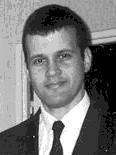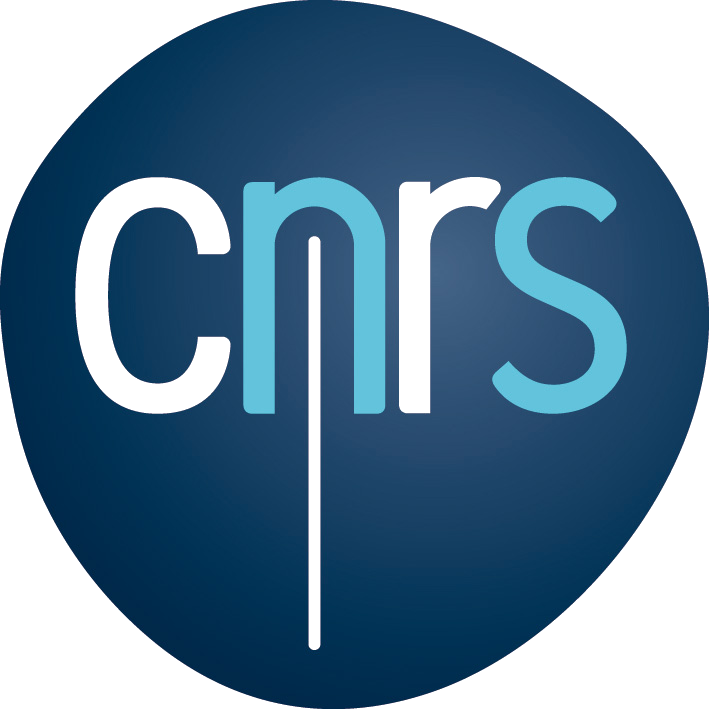Speaker: Christophe Cerisara (Synalp team) Date: February 4, 2016 Abstract: This talk explores weakly supervised training of discriminative linear classifiers. Such features-rich classifiers have been widely adopted by the scientific community because of their powerful modeling capacity and their support for correlated features, which allow separating the expert task of designing features from the core learning method. However, …
Category: Seminars
Jan 21
Global modeling of speech production for articulatory synthesis
Speaker: Benjamin Elie (post-doctoral fellow) Date: January 21, 2016 Abstract: Articulatory synthesis consists in the numerical simulation of the articulatory, mechanical and acoustic phenomena involved in speech production. Unlike the concatenative approach, it enables these phenomena to be investigated, the speech signal to be specifically designed by virtually modifying the physiological parameters of the speaker, and the …
Jan 14
Is audio signal processing still useful in the era of machine learning?
Speaker: Emmanuel Vincent Date: January 14, 2016 Abstract: Audio signal processing has long been the obvious approach to problems such as microphone array processing, active noise control, or speech enhancement. Yet, it is increasingly being challenged by black-box machine learning approaches based on, e.g., deep neural networks (DNN), which have already achieved superior results on certain tasks. …
Dec 03
Detecting social attention attractors in free-standing conversational groups through multimodal head and body pose estimation
Speaker: Xavier Alameda-Pineda Date: December 3, 2015 Abstract: During natural social gatherings, humans tend to organize themselves in the so-called free-standing conversational groups (FCGs). Studying FCGs in unstructured social settings (e.g., cocktail party ) is gratifying due to the wealth of information available at the group (mining social networks) and individual (recognizing native behavioural and personality traits) …
Nov 30
Multichannel audio source separation with deep neural networks
Speaker: Aditya Arie Nugraha (PhD student) Date: November 26, 2015 Abstract: Many studies have shown that the use of deep neural network (DNN) for audio source separation is extremely promising. However, most studies addressed the problem of single-channel source separation and existing literature lacks a framework to exploit DNN for multichannel audio source separation. In this talk, …
Sep 17
Knowledge transfer session on deep learning
Speakers: Imran Sheikh (PhD student) and Aditya Arie Nugraha (PhD student) Date: September 17, 2015 Abstract: This talk will give an overview of the topics covered in the deep learning summer school at Denmark Technical University and the tutorial on deep learning at Interspeech 2015. It will be a quick and informal introduction to several concepts in …
Sep 10
Mapping of a sound environment by a mobile robot
Speaker: Van Quan Nguyen (PhD student) Date: September 10, 2015 Abstract: The research will focus on controlling the robot in order to localize as quickly as possible the position of multiple sound sources with different characteristics in real time and updating the map of this dynamic sound environment while the robot moves. In the talk, I will talk about …
Sep 03
Acoustic control of wind farms
Speaker: Baldwin Dumortier (PhD student) Date: September 3, 2015 Abstract: Wind energy is by far the most used renewable energy in the world. It is a source of noise pollution and noise regulation of wind turbines has become compulsory. However, control strategies are not optimal. Indeed, there are several main problems: there is an issue about measurement of the noise pollution criteria; …











